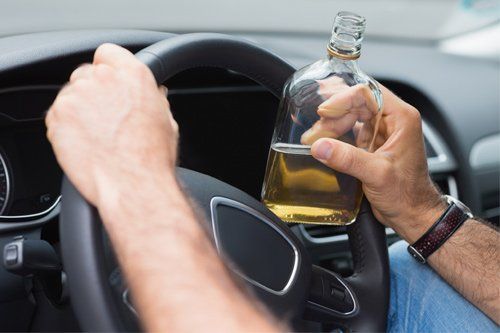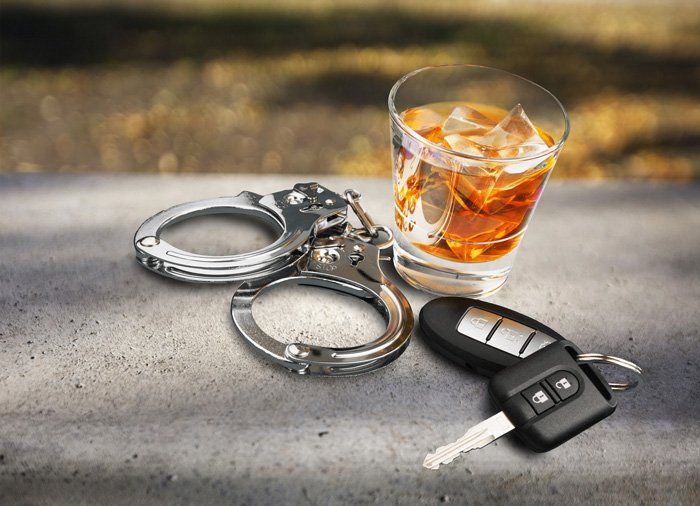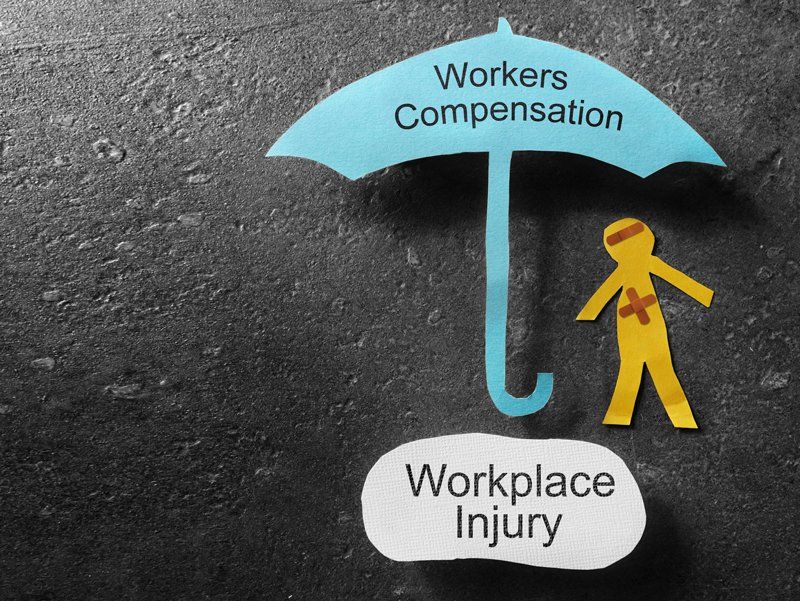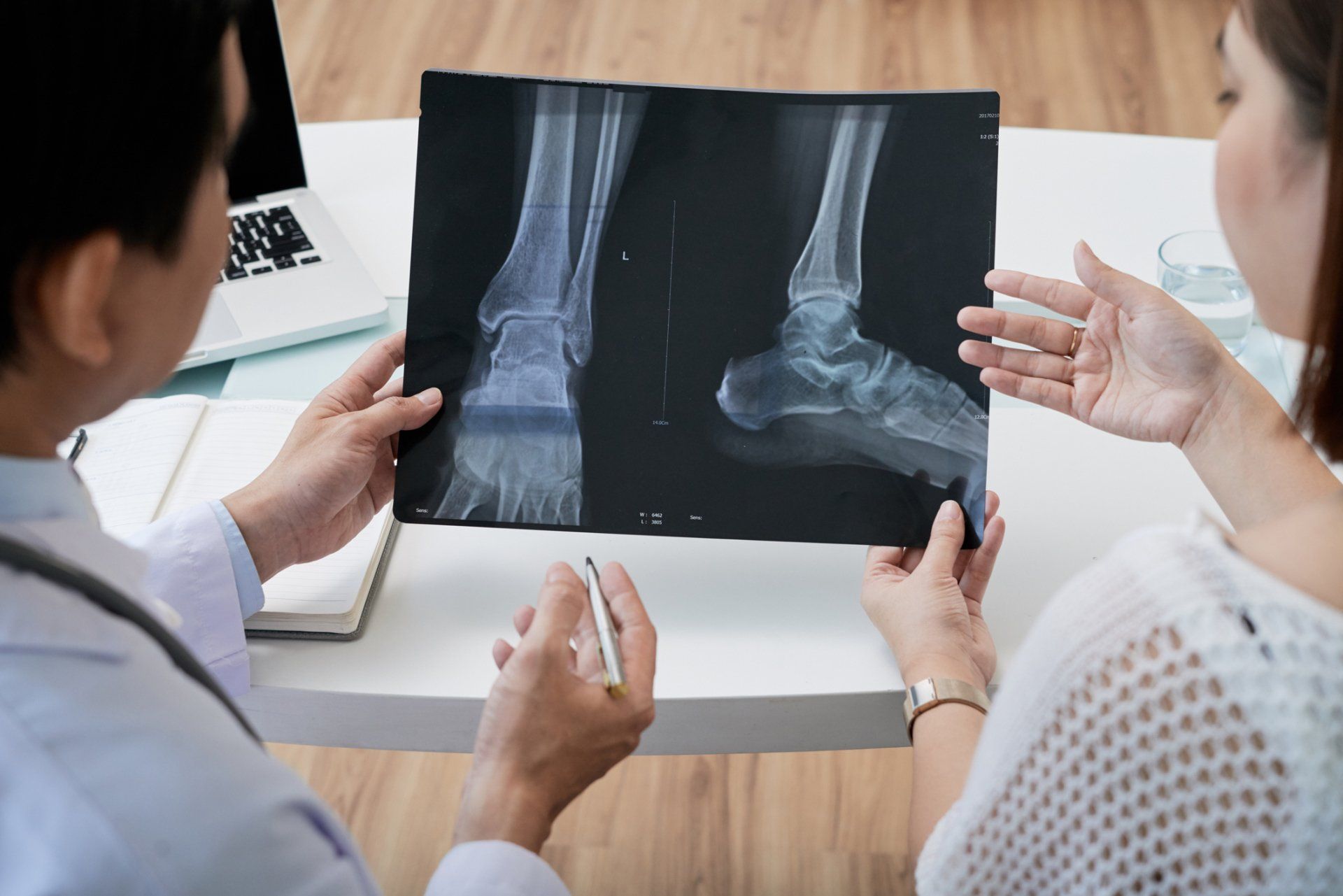Essential Info on Drinking & Driving
- By Admin
- •
- 25 Feb, 2019
- •

Every 50 minutes in the United States, someone dies in a motor vehicle crash involving a drunk driver. That's approximately 29 deaths per day and over 10,000 per year. If you have been affected by a crash with an impaired driver, you should understand the legal ramifications of drinking and driving. Here's a look at the essentials.
Causes of Accidents
The Centers for Disease Control (CDC) report that drinking and driving cause about 28% of all deadly crashes. In a study by the National Highway Traffic Safety Administration (NHTSA), alcohol was involved in 40% of fatal crashes. Although the exact number is somewhere between these extremes, alcohol is a big contributor to many car accidents.
Other accidents are caused by distracted driving (e.g. using cell phones, talking to other passengers, or doing other activities while driving), speeding and driving while fatigued. In other cases, car accidents aren't caused by errors. Instead, road or weather conditions cause the accident, or mechanical failure may be to blame.
Why Alcohol Causes Accidents
Although drinking can momentarily buoy drinker's moods or encourage them to act more social. Alcohol is actually a depressant. As a result, it slows down people's brains; after drinking, your reaction times slow down dramatically. If an obstacle gets in your way while you're driving, you can't react and stop as quickly as you can while sober. Physically, alcohol impairs your vision. You can't see distant objects, night vision reduces significantly and your vision may blur or be doubled.
At the same time, high alcohol levels also convince you that your abilities are enhanced, and as that happens, people tend to start acting recklessly. They make poor decisions on which speed to go, when to change lanes and countless other aspects of the driving experience.
Drinking and Drugs Is Dangerous
Many people take other drugs while they are driving. When drug use is combined with alcohol that can make driving even more dangerous. Other drugs (both prescription medication and illegal drugs) an appearance in about 16% of motor vehicle crashes, and according to some analysis, 13% of all drivers on the nights and weekends have marijuana in their systems.
Liability for Drunk Driving
When a drunk driver hits another driver or a pedestrian, the drunk driver is criminally and civilly liable for their injuries. In other words, the drunk driver may be charged with a crime for driving while under the influence, but if you were the victim, you can also bring a lawsuit against the driver. You can sue for damages including property damages to your vehicle or other assets, medical bills, missed time at work, pain and suffering and any other damages you have suffered as a result of the accident.
However, in some cases, you may be able to bring a lawsuit against the bar or liquor store who sold the alcohol to the driver. When you bring a lawsuit against someone, their insurance covers the settlement; if they don't have adequate coverage, they may have to use their personal assets. That said, if the driver doesn't have ample coverage or assets, you may not be able to get a settlement that truly covers your damages.
In these situations, your lawyer may advise you to bring a suit against the liquor shop, bar or restaurant. To be liable, these businesses must have had some idea that the shopper was already drunk and that they were too impaired to drink more or they must have contributed to the drinking and driving in some other way.
If you want to learn more about the risks of drinking and driving, contact us today. At the Law Offices of Robert Dodson, we can offer you a free consultation to talk about your rights and options.






